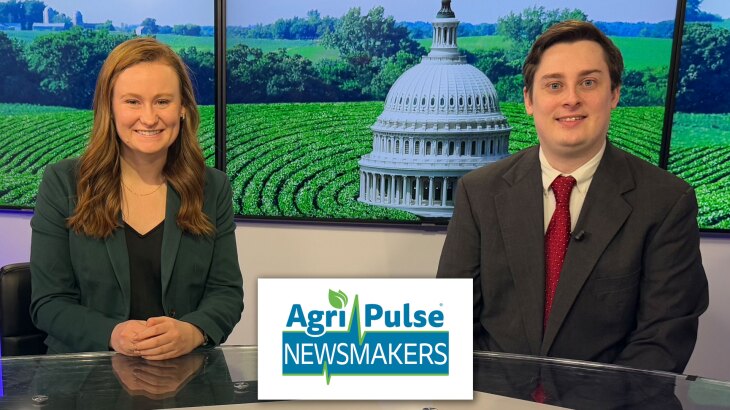USDA will soon launch a voluntary livestock improvement program to protect the U.S. pig supply.
The program stems from the U.S. Swine Health Improvement Plan, which APHIS rolled out in 2020 as a pilot, created to monitor for African Swine Fever. Now, APHIS hopes to build on that program. As it stands, APHIS would create sectors for different kinds of swine herds and facilities. Each site would then be allowed to market its products with the corresponding certification status.
This all comes as diseases like High-Path Avian Flu continue to take a toll on the industry. Not long ago a pig was found with the virus on a small operation in Oregon. The Swine Health Information Center says it raised concerns and has led to a call for more research.
“On one hand, though, that farm was a relatively unique case. It was identified in one pig in a small backholder or small backyard farm, and that pig didn’t go into the food source or food production. And so what we’re trying to understand now, though, is what are the continued risks for swine because not a whole lot is really known about H5-N1 in pigs, we’ve learned a lot from dairy and are trying to take lessons learned there. But all of us really kind of, as we monitor the situation, felt like we needed to dive deeper and support our industry and that’s what led to our call for research proposals,” said Dr. Lisa Becton.
Testing has been a big strategy since HPAI jumped to dairy cows last fall. Texas A&M Veterinarians are the only ones in the state authorized to test livestock set for export, and they remind all producers that are sending samples off for testing to ensure they are shipped according to the instructions.












